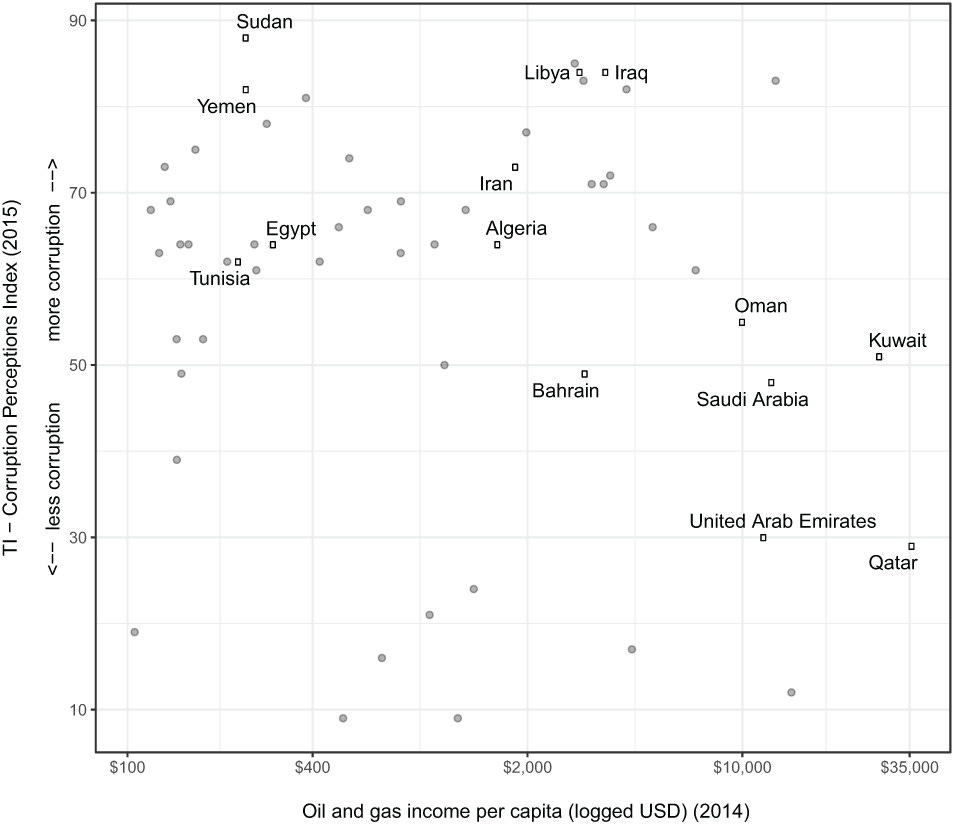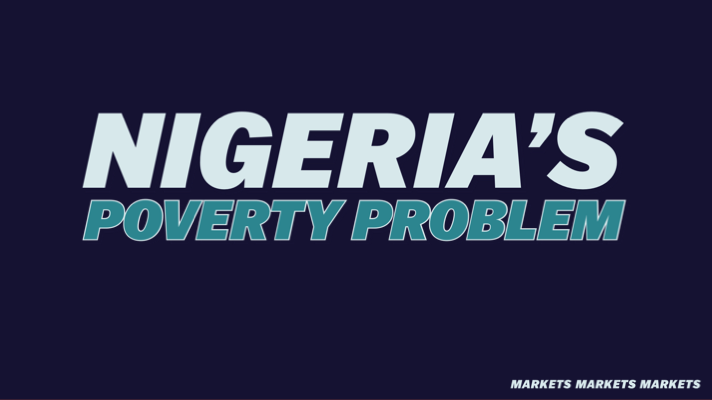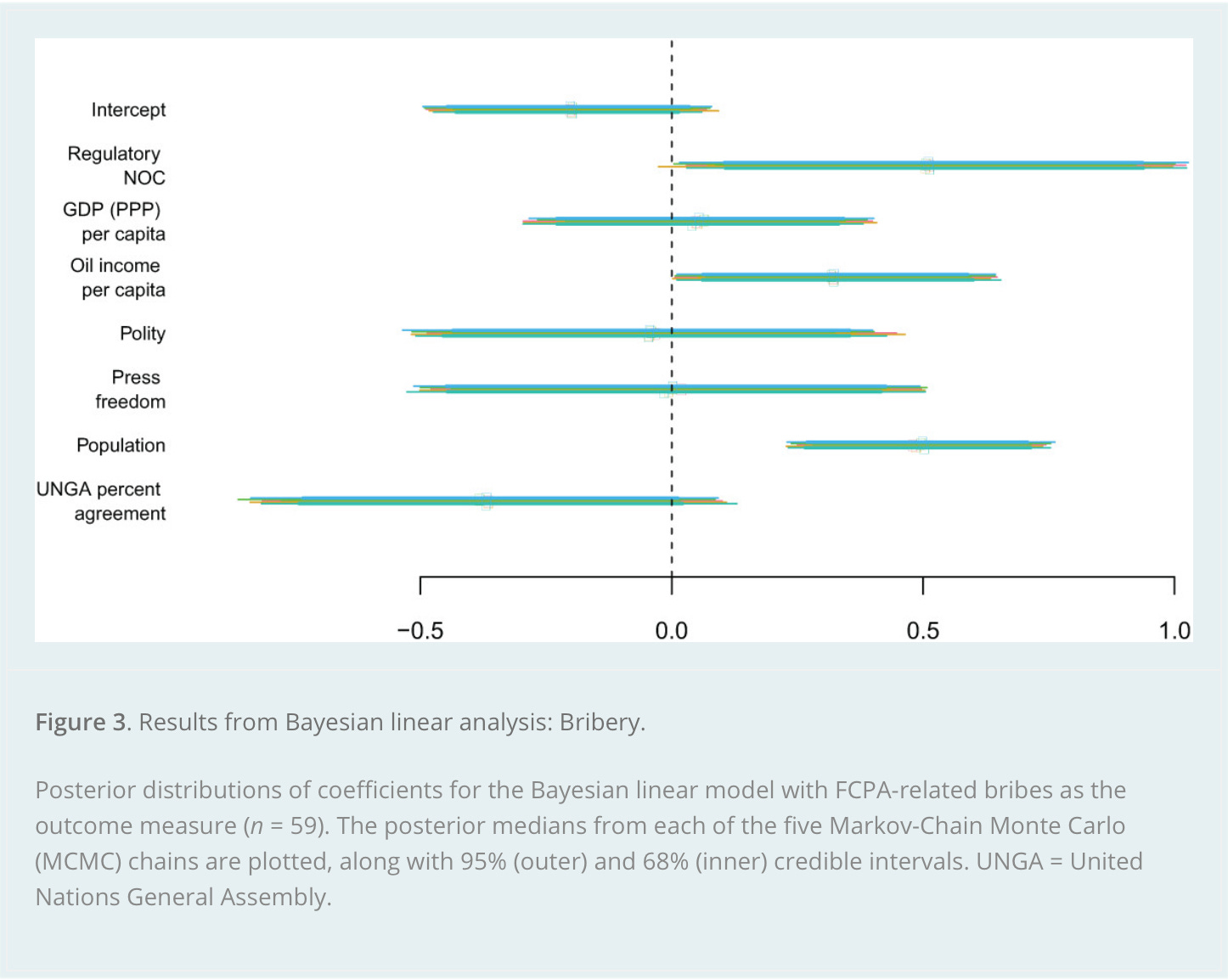Understanding Nigeria’s Poverty Problem
…and the importance of incentives
Last month, an American travel writer published his Notes on Nigeria after visiting four cities in the country. Many Nigerians reacted on social media with shame, disdain, or outright anger as he brought to light some of the harsh realities that many of us have grown to ignore or take for granted. It’s not often that people see their country from the lens of an outsider, especially considering that Nigeria isn’t much of a tourist hot spot.
“Or maybe it’s the literal piss and shit that makes Nigeria seem so poor, though in my experience, this is another area where Nigeria has a close rivalry with India. There is no other way to say this – I saw a lot of people pissing and shitting, and not in bathrooms. I saw them do it on the side of the street, in alleyways, basically anywhere. I actually saw it on my first night, when a guy pissed out the side of a boat in the open, and then I saw it again on my final day, when a guy was squatting on the side of the road leading out of Nigeria and into Benin.”
Some were quick to rush to Nigeria’s defense, pointing out that open defecation and urination also happens in America, which I know all too well writing this from downtown Los Angeles. But that happens here because of drug use and untreated mental illness, not a lack of proper sanitation infrastructure.
Matt Lakeman’s observations were particularly jarring because they had a raw honesty that our collective consciousness had long been evading. It made me think about one of the questions that led me to pursue economics for my undergraduate studies: Why do people have to live like this in any country, let alone a “resource-rich” one? How does such wealth produce such poverty?
Matt gets close to what I think is the root of the issue:
“Nigeria is a textbook case of the resource curse, wherein poor countries with ample natural resources tend to not only stay poor, but become extremely corrupt, backwards places, though Nigeria has a few of its own unique twists on the concept.
The sociopolitical basis of the resource curse has been hotly debated for decades. My understanding is that poor countries with ample resources are likely to have a bad incentive misalignment between their governments and their people.”
Nigeria earned $350 billion in oil revenues from 1970-2000, but average yearly income somehow went down from $1,113 to $1,084 over the same period. It has been two decades since then, and Nigeria now has 130 million people living in poverty, and there is still no definitive answer to the mystery of the resource curse. I think the notion of incentives gets lost in conversations about Nigeria’s failings, both on the ground and in academia (albeit for different reasons).
The fact that many countries with the most ‘natural wealth’ are some of the poorest in the world seems like one of those ironic tragedies in life; curses disguised as blessings, such as how lottery winners are more likely to declare bankruptcy than the average American.
Both of these phenomena are shockingly pervasive. The resource curse has struck famously in Venezuela, Russia, Angola, and Congo-Kinshasa, while some studies have shown that anywhere from 30%-70% of lottery winners eventually declare bankruptcy.
Yet, neither of these are natural laws. Countries with natural resources aren’t doomed to failure, and not every lottery winner goes broke. The chart below compares oil earnings per citizen to how corrupt the country is perceived to be, and it shows that there is a positive trend but still many outliers. In other words, having oil can certainly cause corruption, but it doesn’t always.

So why do some resource-rich countries turn out like Norway, Qatar, or Botswana instead of Venezuela, Angola, or Nigeria?
I read a lot of excellent academic papers that dealt with this question, like this one that provided the scatterplot above by Paasha Mahdavi, a political science professor at UCSB. His research shows that countries are more susceptible to corruption when the oil industry is regulated by state-owned oil companies instead of government ministries. These types of studies are insightful and are based on agency theory, which focuses on incentives. Still, the methodological approach fails to give meaningful answers to what I see as such a human problem.
When thinking about these abstractions of politics, corruption, and regulatory institutions, it’s easy to forget that it’s all just about normal people. It’s about people in different countries who choose to behave in the same ways when they are in charge of countries that can dig money out of the ground. The advanced econometrics used in academia can sometimes obscure how the consequence of those behaviours is human suffering, but Matt’s perspective as an outsider brings it front and center:
“You really do feel it on the ground. I’ve been to a lot of poor countries, but Nigeria felt just a bit poorer. Part of it was the omnipresent shacks and slums in the major cities, but it was also the constant haggling over extremely small amounts of money (often under $0.50), or how even decent restaurants have ugly fluorescent lighting, or how a chair collapsed under me in the airport, or how my driver in Kano stopped for a 30 minute detour to buy a bag of rice. I’ve encountered plenty of child beggars, but I’ve never had two (a boy and girl) grab each of my hands and refuse to let go as they followed me down the street for 100 yards until a helpful onlooker yelled at them.”
It just doesn’t feel like you’re grappling with the same question of why people choose to behave in certain ways when the theoretical explanations in academia are using things like Markov-chain Monte Carlo methods just to show that countries can have a little corruption or a lot, irrespective of oil wealth.
If you ask the average citizen the cause of Nigeria’s problems, they would tell you it’s corruption or bad leaders. Economists and other analysts would cite weak institutions or an elite consensus on rent-seeking. But these problems are first or even second-order consequences of misaligned incentives.
Looking through the lens of incentives feels like a more natural explanation for why countries end up like this. Politicians are primarily concerned with getting and keeping political power, while everyday people focus on their welfare. This holds across all types of governance, from the most liberal democracies to the strictest dictatorships. Rulers utilize the wealth generated by the state to reward those who help them retain political power. This can range from bribing key figures and offering cash for votes to more subtly granting subsidies or forgiving debt held by their supporters.
Politicians in countries that rely on revenue from taxing wages and profits need these wages and profits to increase if they want to generate more money to reward supporters and secure political power. Therefore, they take actions that will increase wages and profits, driven by their selfish interests. They are like bees that pollinate all the flowers in the garden in their greedy search for sweet nectar despite not actually caring about the reproduction of plants.
When the state's wealth is tied to the productivity of the people, the leader’s interest in maintaining political power aligns (coincidentally in many cases) with the people’s interest in their own welfare. After all, a healthy, educated, and well-fed population is not just a happy one but also a productive one.
However, governments of countries with vast natural resources can secure the money needed to stay in power without much input from the citizens. So, they have little incentive to invest in increasing the productivity of the people. If the bees suddenly had a giant pot of nectar beside their nests, they wouldn’t venture out to deal with those pesky flowers. This would leave the garden in chaos when the neglected flowers fail to reproduce, and the nectar eventually runs out.
But while the temptation of the nectar pot has led many a bee astray, some have managed to resist its allure. The gardens of Norway and Qatar are far from chaotic, despite the presence of their own nectar pots in the form of vast oil reserves. In fact, they might be the richest gardens in the world, depending on who you ask. Like all people, I believe the political elite in countries like Norway and Qatar behave in ways that maximize their interests, rather than being inherently better or more altruistic. But they designed or inherited systems where individuals acting in their own interest are incentivized to behave in ways that benefit society as a whole.
If Norwegians and Qataris are equally incentive driven as everyone else, there must be a reason why they made different choices. The disparities should be explained by the political and economic systems that allocate each country’s vast resources, as these systems dictate how people choose to behave because they outline how money is earned and how political power is acquired.
Norway was an unexceptional fishing nation with per capita income on par with Nigeria’s before they struck oil in the 1960s. Qatar was an even more unremarkable fishing nation, yet, its discovery of oil and natural gas transformed its desolate patch of land in the Arabian peninsula into one of the wealthiest places on the planet.
Norway is a vibrant social democracy, while the Al-Thani family has ruled Qatar as an absolute monarchy since the late 18th century. The political systems of these two countries are polar opposites, but they have equally delivered stupendous wealth to their citizens. The key difference is that both of these countries had established the stable, valued and recurring patterns of behavior known as institutions before they discovered their natural resources.
Thinking about institutions this way is important because they are not just laws on pieces of paper, which most countries have tons of, but particularly the norms and behaviors that are ingrained in society that make it costly for people to deviate from accepted practices.
In other words, while the system itself is important, the strength of those institutions at the time of discovery appears to be a more important signal. So the answer to the question of why some resource-rich countries are poor is that they found the resources too early in the process of state-building. In a way, it’s like how lottery winners are more likely to go bankrupt if they are 18 than if they are 60.
With this framework, it can certainly be argued that Nigeria was doomed from the start, especially given its colonial legacies. However, it has been 60 years since independence and other former colonies have created immense wealth for their people. We must come to accept that our leaders make the wrong choices because our systems don’t incentivize them to make the right ones, and fail to punish the wrong ones. The process of state-building evolves organically over time, but as we embark on the long and arduous journey, we need to place more focus on how our systems encourage real people to behave.
P.S
I am constantly trying to improve my information diet. I’m adding a short section at the end of these letters to share some cool books, videos and articles I’ve come across. Feel free to respond to this with anything you think I might be interested in :)
What I am reading
Books:
Political Order and Political Decay, by Francis Fukuyama
Why Bad Behavior is Almost Always Good Politics, by Bruce Bueno De Mesquita and Alastair Smith.
Buffet: The making of an American Capitalist, by Roger Lowenstein
Articles:



